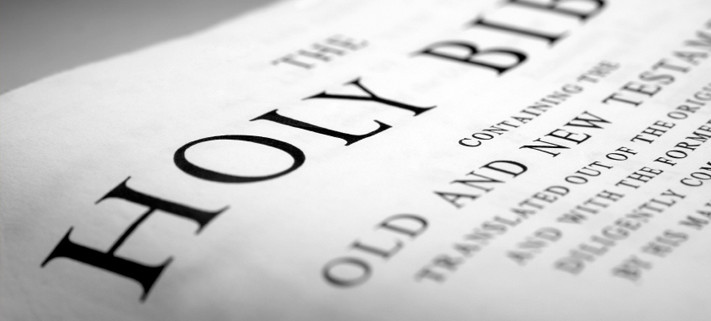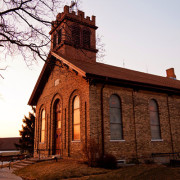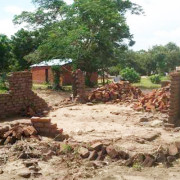NPH to publish Lutheran Bible translation
Northwestern Publishing House (NPH) will be publishing a new translation of the Bible produced by the Wartburg Project, an independent Lutheran Bible translation effort by WELS and Evangelical Lutheran Synod (ELS) pastors and professors.
Since late in 2013, more than 90 WELS and ELS pastors, professors, and others have been working through the Wartburg Project on the translation. The goal is to publish a New Testament and Psalms special edition in 2017, with a future date for the complete Bible yet to be determined.
NPH was chosen from among other publishers to publish this new translation. “Printing this translation aligns with NPH’s mission to ‘deliver biblically sound, Christ-centered resources within WELS and beyond,’ ” says Bill Ziche, NPH president. But he stresses that this will not be the only translation used by NPH in its materials. “NPH will continue to pursue an ‘eclectic approach,’ as directed by synod resolution, utilizing the best translation for the context of any given work. The Wartburg Project translation will be one translation option among others.”
Not funded, owned, or directed by WELS, the Wartburg Project formed after the 2013 synod convention. While convention delegates defeated a resolution calling for the synod praesidium to appoint a committee to explore producing a Lutheran translation of the Bible, discussion on the floor was encouraging for those who wanted to work on a translation on their own. “There were a number of groups doing that,” says Prof. John Brug, general editor and Old Testament editor for the Wartburg Project. “We thought, why not try to bring everyone together under one umbrella in a purely positive project.”
Brug says the Wartburg Project’s goal is to aim for the “middle road” in its translation. “We feel there are some translations that depart fairly freely, not necessarily from the biblical meaning, but they don’t preserve a lot of the traditional biblical language. On the other hand there are some translations that are kind of wooden and hard to read, but they’re quite close to the biblical language. We’re trying to aim for the middle spot.” He says that means they will preserve traditional biblical idioms like “the glory of the Lord” and “manger” but also look for better ways to say things that may be confusing in other translations.
While the translation is based on the original Hebrew and Greek texts, translators also will be building on the heritage of the English translations that already are available. “From the beginning, I’ve enjoyed saying that we are standing on the shoulders of giants,” says Pastor Brian Keller, New Testament editor. “We are not trying to reinvent the wheel. Copyright laws are certainly being honored. But there is this long tradition of English Bible translation that provides a base to work with.”
They also are taking into account the language used in our current hymnal and catechism. “We want to be fresh, but we also want to be rooted in the language of worship and the hymnal and what people already know,” says Brug.
About 20 pastors and professors are the main core of translators and technical reviewers. More than 70 other pastors and professors as well as additional teachers and laypeople are helping with readability. All are volunteers, working on the project in their spare time.
“One of the blessings of the Wartburg Project is the great opportunity which it is providing to many of our pastors for continuing education in the Greek and Hebrew texts of the Bible,” says Brug. “The knowledge they are gaining will provide rich dividends to the church as it works its way into their preaching, teaching, and writing.”
Members of the Wartburg Project are excited that the translation is progressing so quickly. “We appreciate all the support, encouragement, and prayers,” says Keller. “We thank God for his blessing and ask for his help. If this translation turns out to be a blessing for many, may God alone have all glory and praise!”
Learn more about the Wartburg Project. Download a complimentary Passion History developed by the Wartburg Project and learn more about NPH’s publishing plans
Author:
Volume 102, Number 4
Issue: April 2015
Copyrighted by WELS Forward in Christ © 2021
Forward in Christ grants permission for any original article (not a reprint) to be printed for use in a WELS church, school, or organization, provided that it is distributed free and indicate Forward in Christ as the source. Images may not be reproduced except in the context of its article. Contact us






